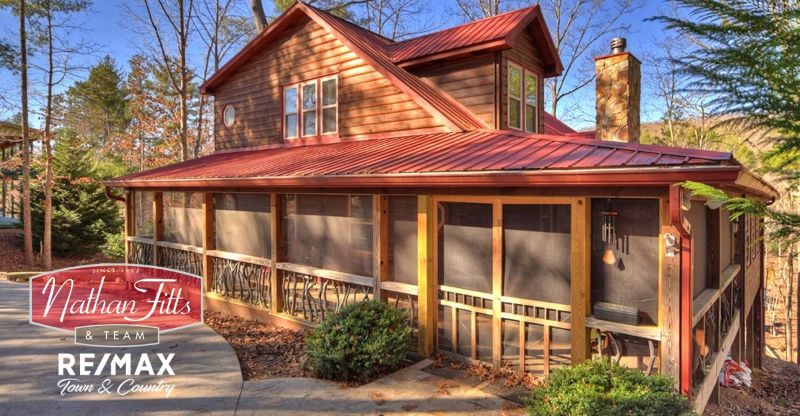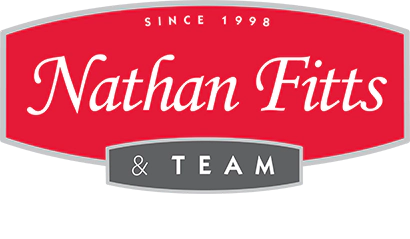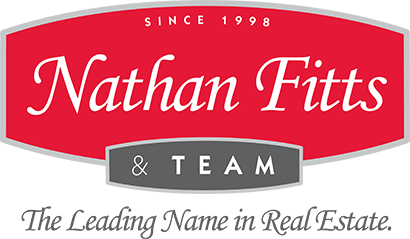
You found it! You and Nathan Fitts & Team have searched for weeks to find that perfect North Georgia Mountain home and, alas the stars aligned, the angels sang, and you are ready to put down an offer. But wait, before you are dazzled by a perfectly manicured yard and the most perfect shade of pale orchid walls, you should consider the differences between urban and rural living before moving to the mountains and sign on that dotted line.
Well Water or City Water?
Many of the homes nestled within the beautiful ranges of North Georgia are often not tied into the municipal water, but instead on a deep well system. While city water is consistent and held to health safety standards, the water that ultimately comes out of your faucet has been treated and purified with chlorine and fluoride. While it is delightful to have fresh mountain water from your own property, you alone are responsible for any maintenance, repairs, and quality of your H20.
Sewer System or Septic System?
Even though your mountain home may have the convenience of city water, unless it is located within the city limits, it is often not tied to a sewer system. Most homes are on a septic system to manage waste and water. As the most eco-friendly option and typically less expensive in the long run, you will have to regularly maintain your septic system and have it serviced every three to four years.
Private Road or Public Road?
There is nothing better than pulling onto your dirt road and knowing that you are almost home. However, that dirt road was most likely created specifically to access property and are often classified as private roads. Where public roads are maintained by the city or county, a private road must be maintained by the resident(s) that own property along the road. Maintenance can include grading, graveling or maybe even paving.
Electric Power or Gas Power?
Winter preparation is essential when you live in the mountains. If your home is primarily electric, make sure that you have a plan to keep you warm in the event of a power outage. If you have a wood burning stove or fireplace, make sure that you have stockpiled enough wood during the summer to get you through a cold winter. Installing a backup generator is always a wise decision and will often provide a return on your investment if you ever decide to sell your home. If your home is run on propane, you want to make sure to fill up your tank during the summer months when the rates are low and head into the winter months with your tank above 80% filled.
City Conveniences or Country Charm?
While Blue Ridge is a growing community, you will have to make some small adjustments in your daily routines. Unlike urban areas, in the mountains it’s very realistic to live more than fifteen minutes away from the closest grocery store. However, you learn to plan ahead for your grocery trips and keep your pantry more fully stocked with staples. While you won’t find any department stores or a large variety of national retail chains, you get the good fortune of knowing your local grocer, finding unique apparel in our quaint shops, and purchasing the freshest fruits and veggies from local farmers!

